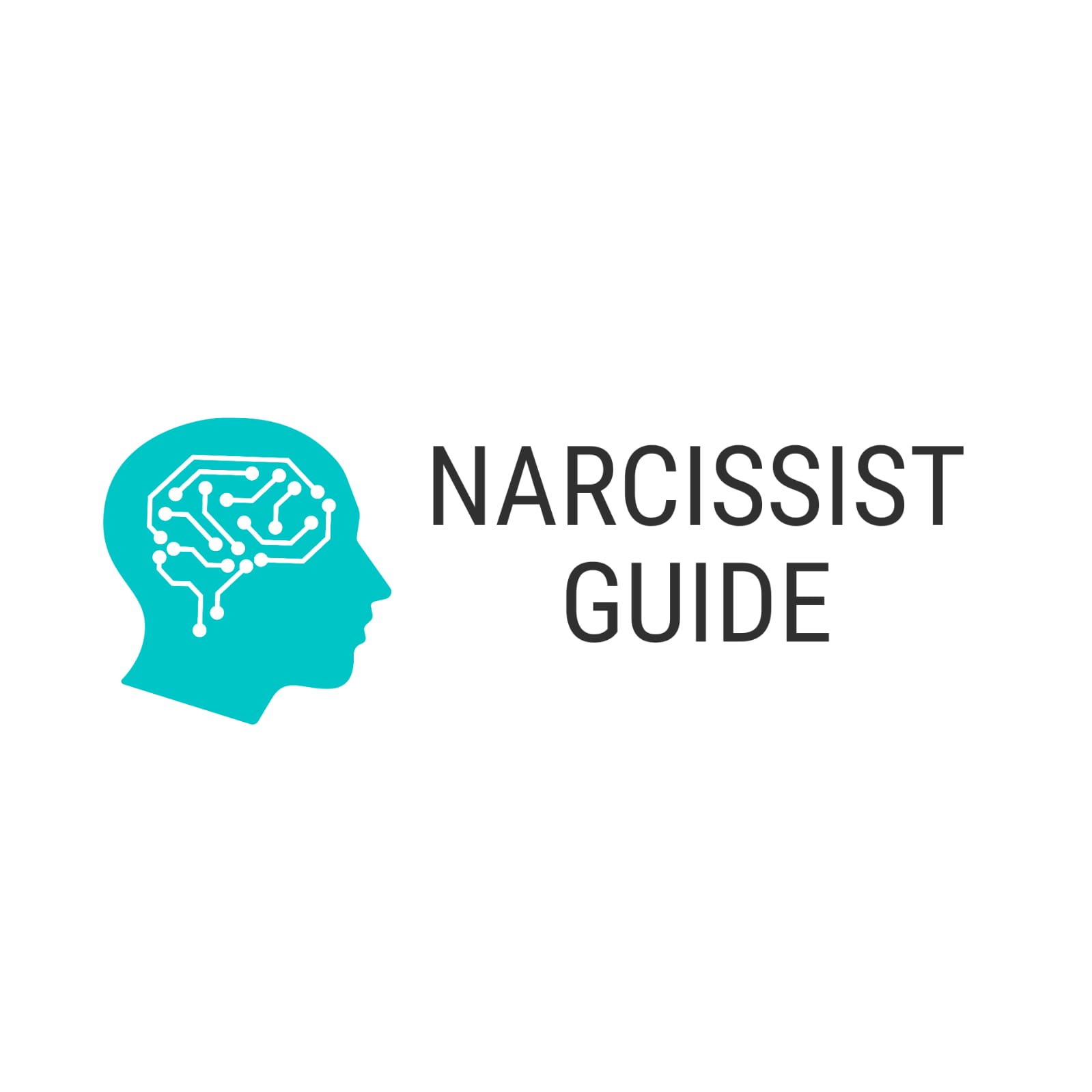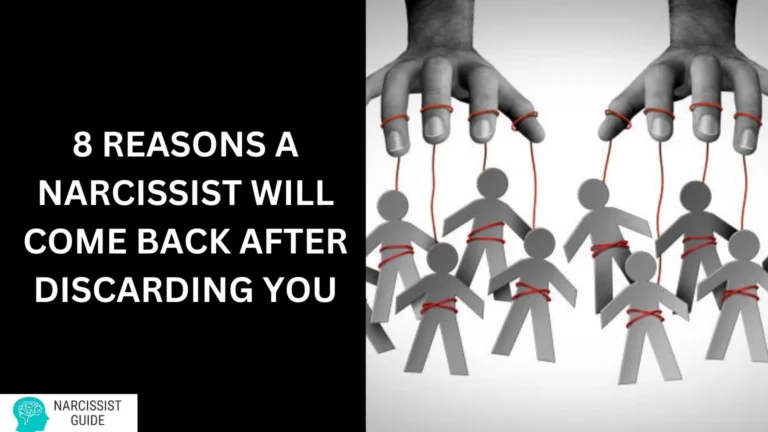Surviving a Narcissist Sister: Healing & Empowerment Guide
Having a narcissistic sister can be a challenging experience that affects your emotional well-being.
Whether it’s constant criticism, manipulation, or a lack of empathy, dealing with a narcissistic sibling can lead to feelings of frustration and helplessness.
However, with the right strategies, you can learn to navigate this difficult relationship and prioritize your mental health.

Understanding Narcissism: What It Means for Sibling Relationships
Narcissism is a term we often hear in discussions about personality traits and mental health, but what does it really mean, especially when it comes to sibling dynamics?
Understanding narcissism is crucial for anyone navigating the complexities of a relationship with a narcissistic sibling. Here’s a closer look at what narcissism entails and how it can shape sibling relationships.
What is Narcissism?
Narcissism is a personality trait characterized by an inflated sense of self-importance, a deep need for admiration, and a lack of empathy for others.
Narcissistic individuals often focus on their own needs and feelings, disregarding the emotional experiences of those around them. This can create a toxic environment, especially within family dynamics.
The Impact of Growing Up with a Narcissist Sister
Growing up with a narcissist sister can leave lasting scars. You may have faced emotional abuse, neglect, or constant competition.
Recognizing the signs of narcissism is crucial in understanding your experiences and validating your feelings.
Strategies for Surviving a Narcissist Sister

Dealing with a narcissistic sister can be emotionally exhausting and challenging. However, there are effective strategies you can employ to protect your mental health and maintain your well-being. Here are some key tactics to consider:
Set Boundaries
Establishing firm boundaries is essential when dealing with a narcissistic sibling. Communicate clearly about what behaviors you will and will not tolerate. Be prepared for pushback, as narcissists often resist boundaries. However, consistency is key.
Practice Self-Care
Taking care of yourself is vital when navigating a relationship with a narcissist. Engage in activities that promote your mental and emotional health. Whether it’s meditation, exercise, or spending time with supportive friends, prioritize your well-being.
Limit Contact
If possible, consider limiting your contact with your narcissist sister. While this might be challenging, especially in a family setting, reducing interactions can help minimize emotional turmoil. Focus on quality over quantity in your relationships.
Seek Support
Connecting with others who understand your situation can be incredibly helpful. Whether it’s friends, support groups, or therapy, having a safe space to share your experiences and feelings is crucial. Professional support can provide valuable tools for coping with a narcissistic sibling.
Coping Techniques for Everyday Challenges

Navigating life with a narcissist sister can be daunting, but employing effective coping techniques can help you manage everyday challenges. Here are some strategies to consider:
Develop Healthy Communication Skills
Effective communication can help you navigate interactions with your narcissistic sister. Use “I” statements to express your feelings without blaming them. For example, say, “I feel hurt when you dismiss my opinions,” rather than “You always ignore me.” This approach can foster healthier dialogue.
Keep a Journal
Journaling can be an effective way to process your feelings and experiences. Documenting your interactions with your narcissist sister allows you to reflect on your emotions and recognize patterns over time. This practice can empower you to take control of your narrative.
Focus on Your Strengths
Remind yourself of your unique qualities and strengths. Narcissists may try to undermine your confidence, but focusing on what makes you special can help you reclaim your self-worth. Surround yourself with positive affirmations and people who uplift you.
Moving Forward: Embracing a Healthier Life
While surviving a narcissist sister can be incredibly challenging, it’s essential to focus on personal growth and well-being. Here are some strategies to help you move forward and embrace a healthier life:
Cultivate Resilience
Resilience is the ability to bounce back from adversity. Cultivating this trait can help you navigate the challenges of having a narcissist sister. Focus on your goals, practice gratitude, and celebrate small victories along the way.
Consider Professional Help
If you find yourself struggling to cope, seeking help from a therapist can be beneficial. They can provide tailored strategies and support to help you navigate your relationship with your narcissist sister and improve your overall mental health.
People also ask
How to survive a narcissist sister?
Set Boundaries: Clearly define what behaviors you won’t tolerate and communicate these limits assertively. Consistency is key.
Practice Self-Care: Prioritize your mental and emotional health by engaging in activities that bring you joy, relaxation, and fulfillment.
Limit Contact: If possible, reduce your interactions with your narcissist sister to minimize emotional strain. Focus on quality relationships.
Seek Support: Connect with friends, support groups, or a therapist who understands your situation and can offer guidance.
Develop Healthy Communication: Use “I” statements to express your feelings without sounding accusatory, and stay calm during interactions.
Focus on Your Strengths: Remember your unique qualities and accomplishments to maintain self-esteem and confidence.
How does a narcissist sister behave?
Constant Need for Attention: A narcissist sister often seeks admiration and validation, making conversations revolve around her needs and accomplishments.
Lack of Empathy: She may dismiss your feelings and struggles, showing little concern for your emotional well-being.
Manipulative Behavior: She might use guilt or emotional blackmail to control situations and gain what she wants.
Criticism and Jealousy: A narcissist sister may belittle your achievements or compete with you, feeling threatened by your successes.
Victim Mentality: She often plays the victim in situations, deflecting blame and refusing to take responsibility for her actions.
What are the 5 things to never do after breaking up with a narcissist?
Don’t Engage in Communication: Avoid reaching out or responding to their attempts to contact you. Keeping distance helps you heal and prevents manipulation.
Don’t Blame Yourself: Resist the urge to internalize guilt or shame. Remember that the relationship dynamics were not your fault; focus on your healing instead.
Don’t Share Personal Details: Avoid discussing your emotions or personal life with the narcissist. This information can be used against you later.
Don’t Rush into a New Relationship: Take time to heal and reflect before jumping into a new relationship. Allow yourself space to recover emotionally.
Don’t Seek Closure from Them: Narcissists often struggle to provide genuine closure. Instead, find closure within yourself by reflecting on your experiences and moving forward.
How do narcissists treat their sisters?
Demanding Attention: Narcissist sisters often expect constant admiration and focus, making interactions revolve around their needs and desires.
Manipulative Behavior: They may use guilt or emotional manipulation to control their siblings, leading to feelings of obligation and frustration.
Lack of Empathy: Narcissists typically disregard their sister’s feelings, showing little interest in her emotional well-being or struggles.
Criticism and Competition: A narcissist sister might belittle her sibling’s achievements or engage in constant competition, fostering resentment.
Conclusion: Finding Peace Amidst the Chaos
Surviving a narcissist sister is undoubtedly challenging, but it’s essential to remember that you have the power to shape your reality.
By setting boundaries, practicing self-care, and seeking support, you can thrive despite the emotional turmoil.
Remember, your well-being is paramount, and it’s okay to prioritize your mental health in the face of narcissism.

I’m Dr. James, and I’m glad you’re here. With years of experience in understanding and addressing the complexities of narcissistic behavior, I’ve dedicated my career to helping individuals navigate the challenging dynamics that come with narcissism, whether it’s in personal relationships, workplaces, or family settings.






